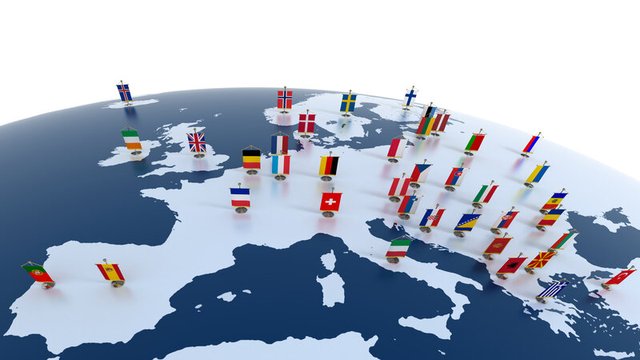
What is international diplomacy?
June 27, 2025

In an increasingly complex and interconnected world, the question “what is international diplomacy?” is more relevant than ever.
From managing global crises to navigating trade disputes, diplomacy plays a vital role in promoting peace, cooperation, and mutual understanding between nations. For those considering a Master in Leadership and Negotiation, gaining insight into international diplomacy is essential.
Definition of international diplomacy
At its core, international diplomacy is the practice of managing relationships between countries through dialogue, negotiation, and compromise. It involves the peaceful resolution of conflicts, the creation of strategic alliances, and the coordination of international policies.
Diplomats, who are the key players in this field, work tirelessly to represent their nations’ interests while fostering global stability and cooperation.
So, when we ask what is international diplomacy, we’re referring to both the process and the people involved in maintaining and improving the global order through peaceful means.
International diplomacy in context
To fully grasp what is international diplomacy, one must look at its application in the real world. Global events in recent years have highlighted just how crucial diplomatic efforts are.
Take, for example, the war in Ukraine. Since Russia’s invasion in 2022, diplomats from across the globe have engaged in continuous negotiations to impose sanctions, provide humanitarian aid, and seek peaceful resolutions. Without diplomacy, such conflicts risk further escalation and global destabilisation.
Similarly, the tensions between Israel and Iran showcase the critical role international diplomacy plays in averting full-scale wars. Backchannel communications, third-party mediators, and international organisations all serve as diplomatic mechanisms to reduce tensions and find common ground.
Even economic disputes—like the trade tariffs introduced during Donald Trump’s presidency—require a delicate diplomatic touch. Countries affected by these tariffs had to engage in negotiations with the United States to protect their economic interests and re-establish fairer trade agreements.
Each of these situations underlines that international diplomacy is not a luxury, but a necessity in maintaining global peace and cooperation.
What degree do you need to work in international diplomacy?
If you’re passionate about making a real difference on the world stage, you might be wondering what educational path to follow. While there’s no single route, degrees in international relations, political science, law, or global business are commonly pursued by aspiring diplomats.
More specialised programmes like a Master in Leadership and Negotiation equip students with essential skills in communication, conflict resolution, strategic thinking, and cross-cultural awareness. These capabilities are invaluable in high-stakes diplomatic environments where every word and gesture can carry immense weight.
In addition, gaining fluency in multiple languages and understanding cultural nuances can significantly enhance your effectiveness as a diplomat.
Careers in international diplomacy
So, what is international diplomacy when it comes to job roles? Careers in this field are diverse and intellectually rewarding. Here are some of the main roles:
- Foreign Service Officer – Represent your country abroad, manage consular affairs, and participate in treaty negotiations.
- International Development Consultant – Work with NGOs or international agencies to advise on policy, governance, and humanitarian aid.
- Policy Analyst – Evaluate and develop international policies for governments or think tanks.
- International Trade Specialist – Facilitate cross-border commerce and resolve disputes between nations or corporations.
- Conflict Resolution Specialist – Mediate disputes in post-conflict regions or during peace negotiations.
- Intelligence Analyst – Provide strategic insights on geopolitical developments to inform foreign policy decisions.
Each of these roles contributes to the broader objective of maintaining peaceful and productive international relationships.
International relations programmes at Universidad Europea
If you’re looking to prepare for a career in international diplomacy, Universidad Europea offers a range of programmes tailored to your ambitions.
- Degree in International Relations – Gain a deep understanding of global systems, political theory, and international law.
- Global Bachelor’s in International Relations – Designed for students who want to study with a global perspective, including international study opportunities.
- Double Degree in International Relations and Business – Combine political acumen with business strategy to become a versatile global leader.
Each of these programmes is designed to provide both the theoretical grounding and practical experience necessary for navigating the complex world of diplomacy. They also serve as strong stepping stones toward a Master in Leadership and Negotiation, enabling students to refine their skills and broaden their global networks.
In a world riddled with geopolitical tensions, the role of diplomacy has never been more vital. Understanding what is international diplomacy is the first step for those aspiring to be global leaders, peacebuilders, and influencers of international policy. If your goal is to shape the future through dialogue and strategy, investing in the right education, such as a master’s in international relations or one of our degrees in international relations at Universidad Europea, can set you on the path to a meaningful and impactful career.